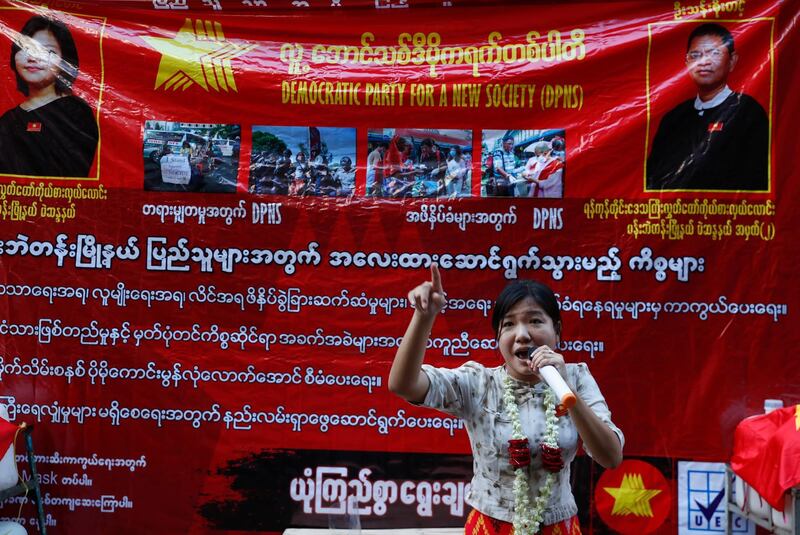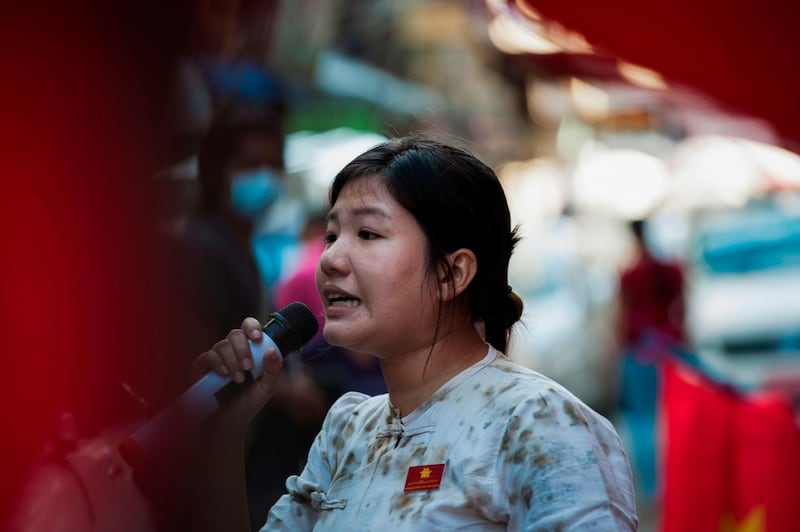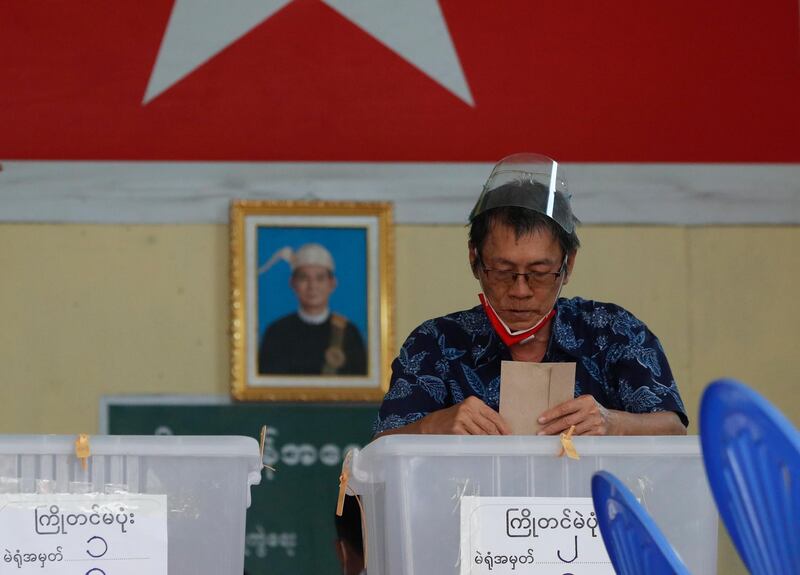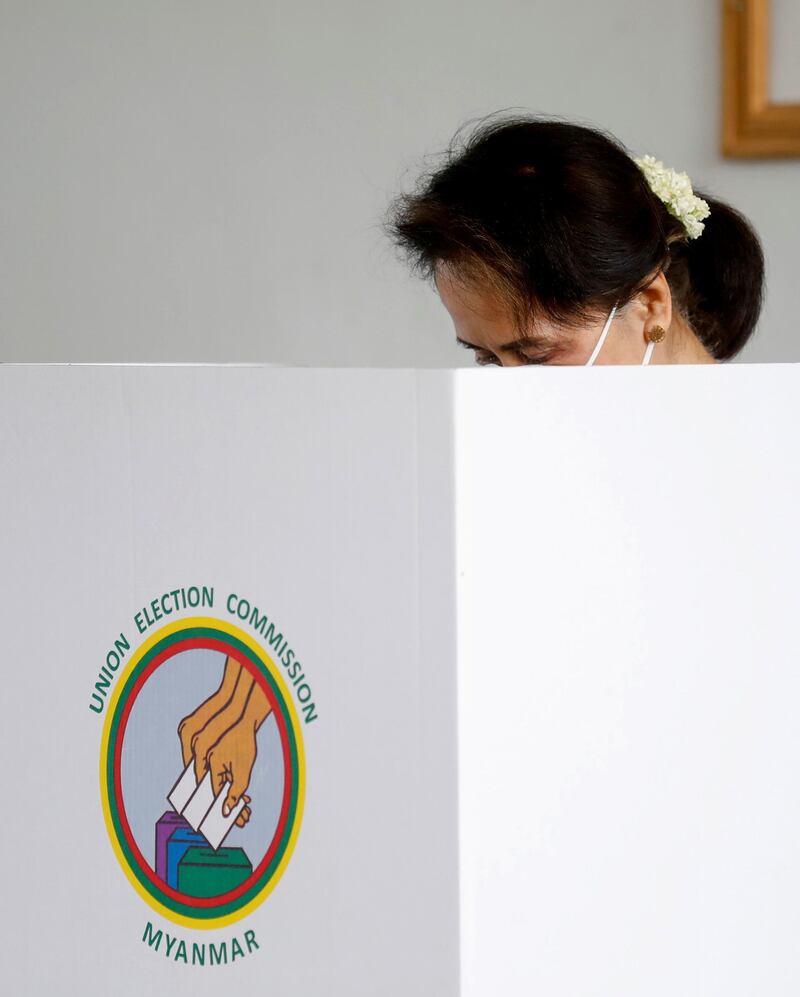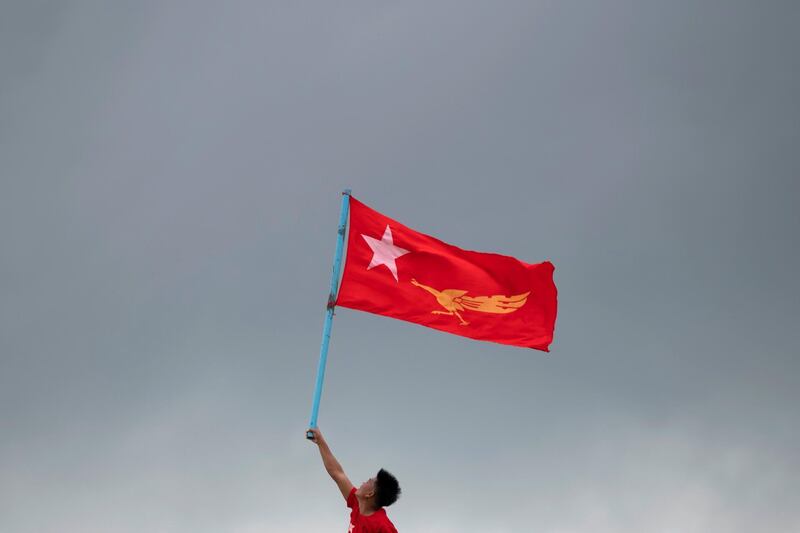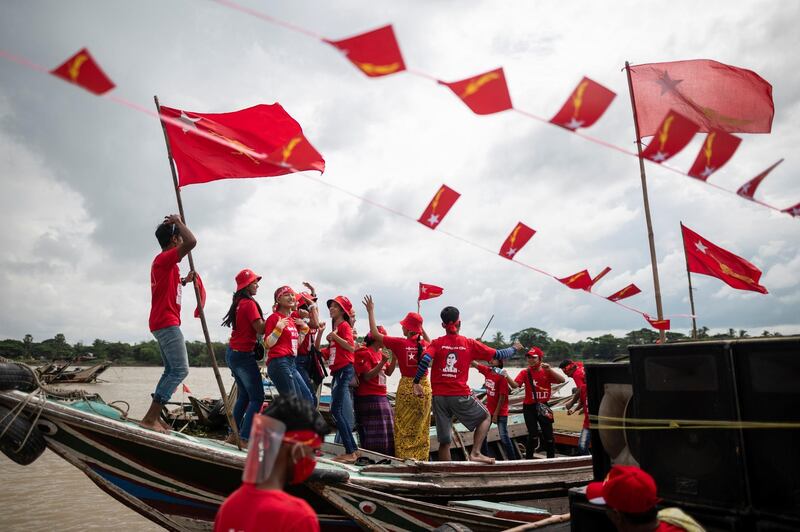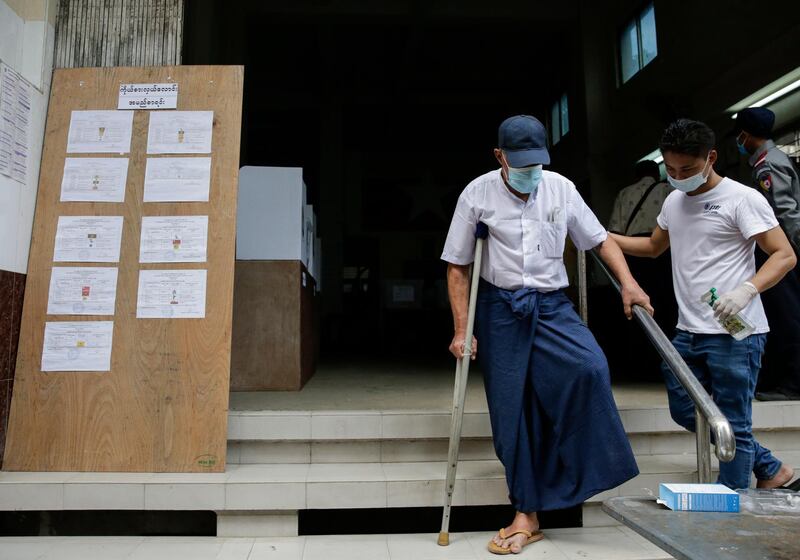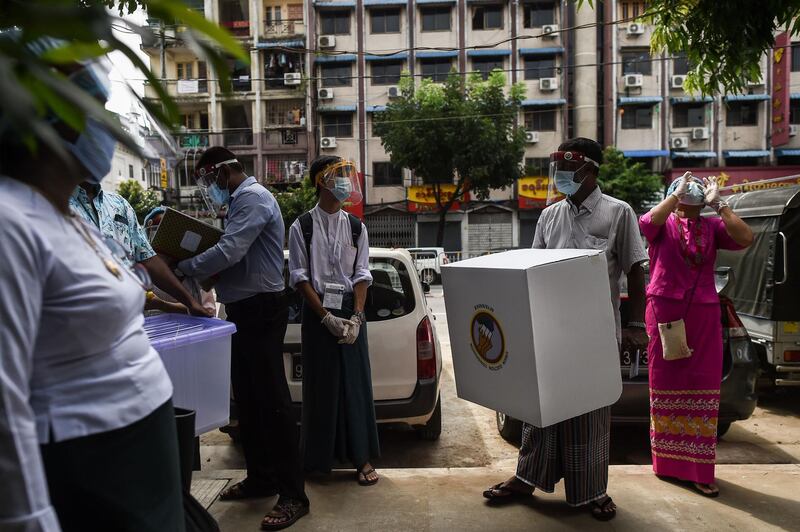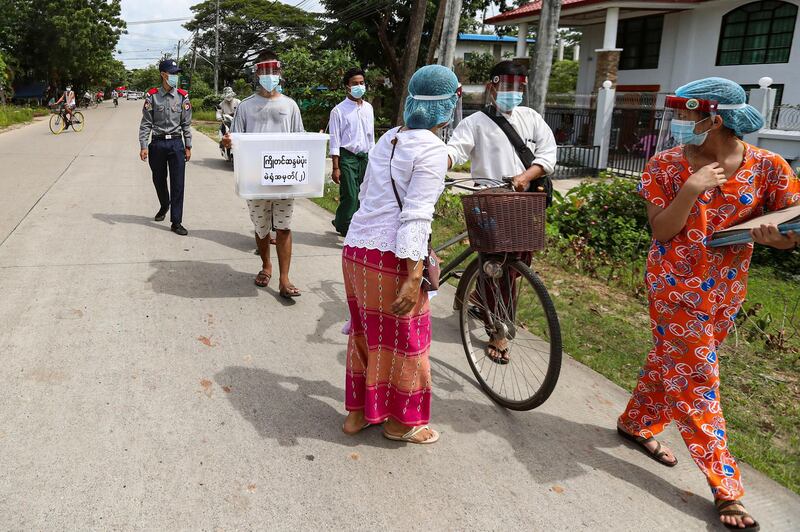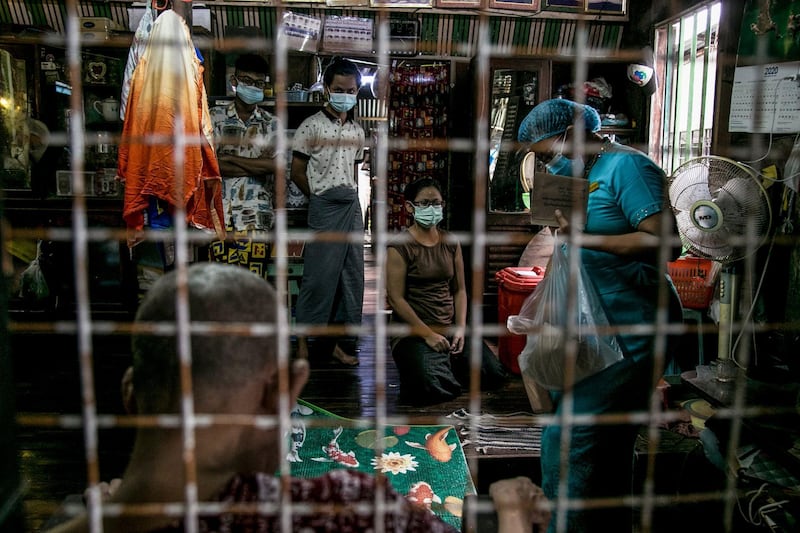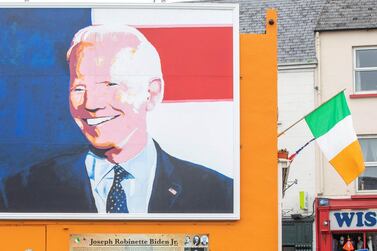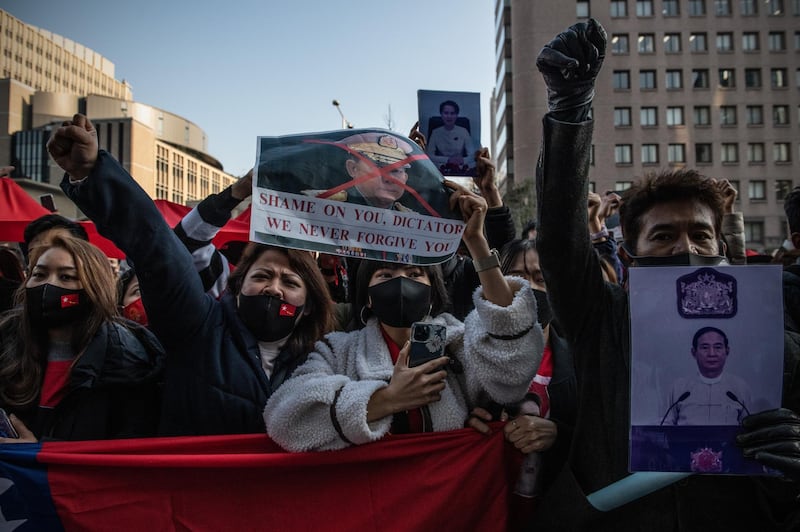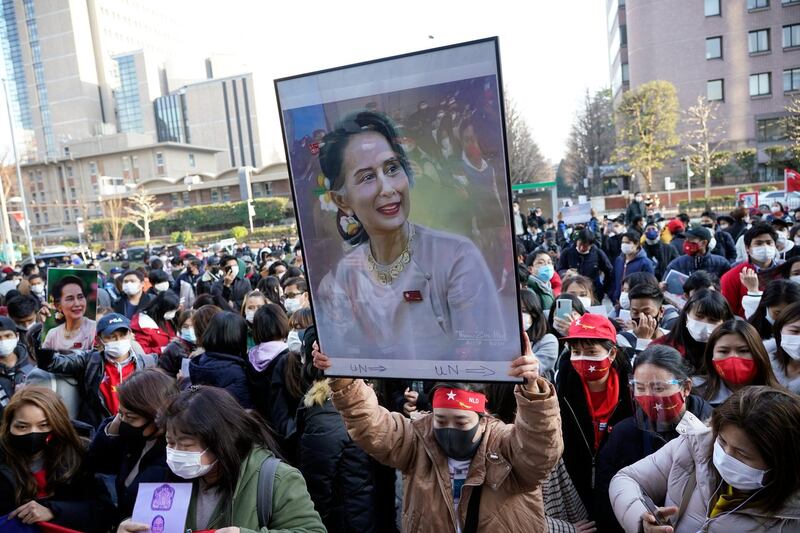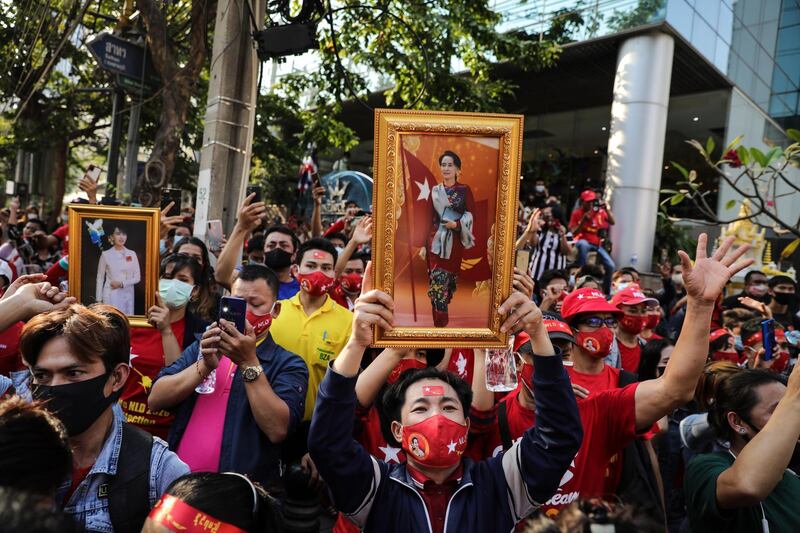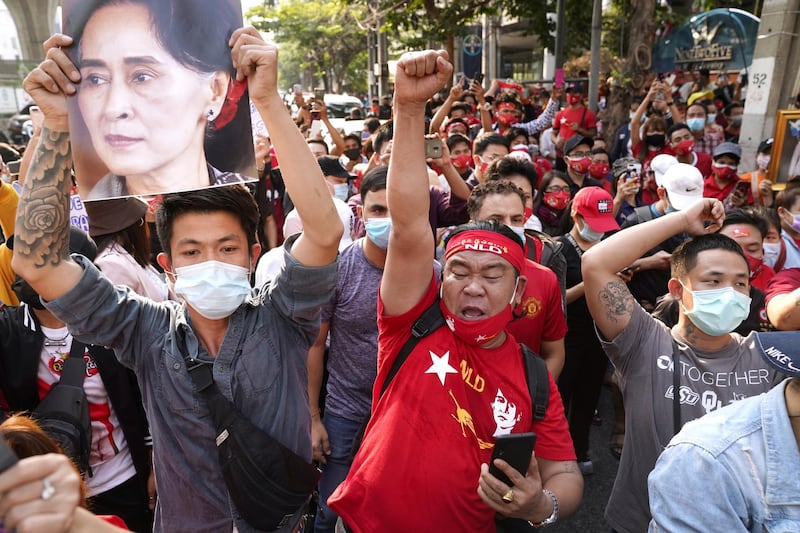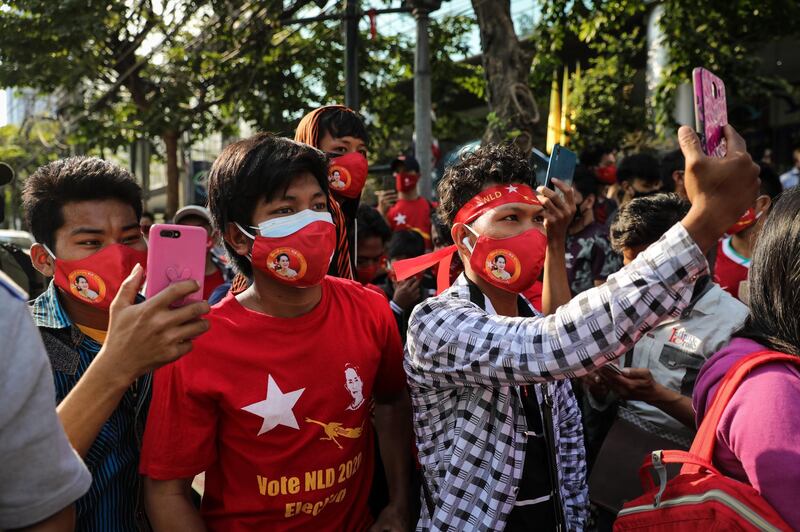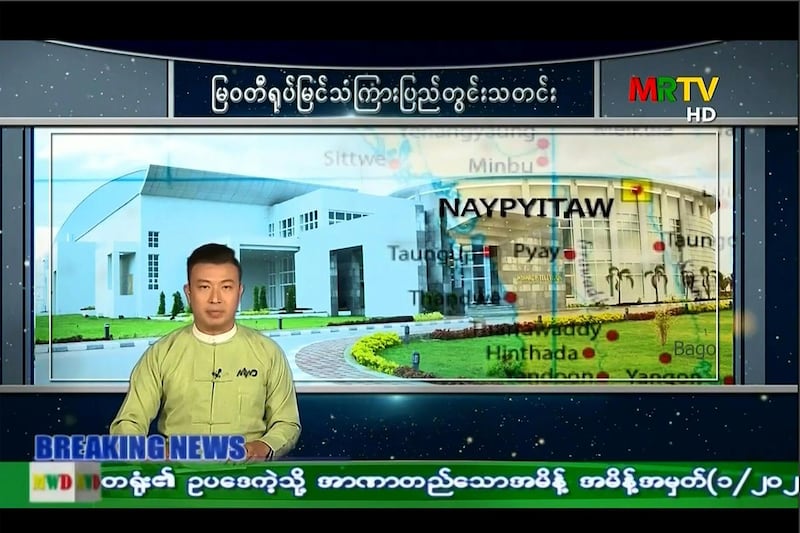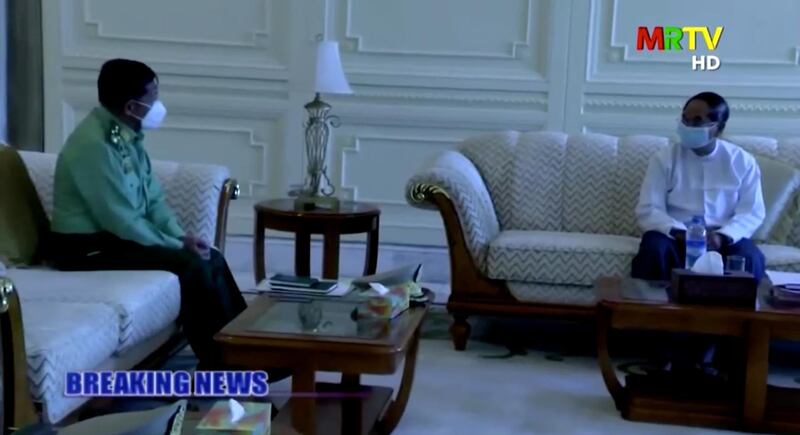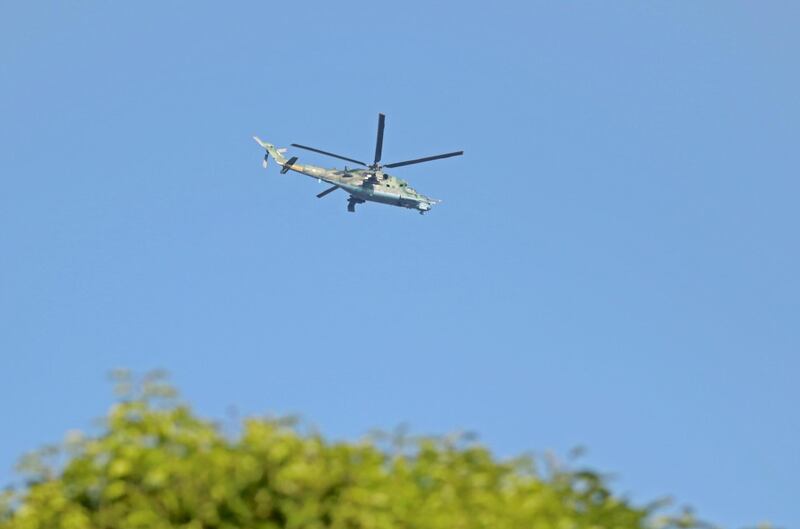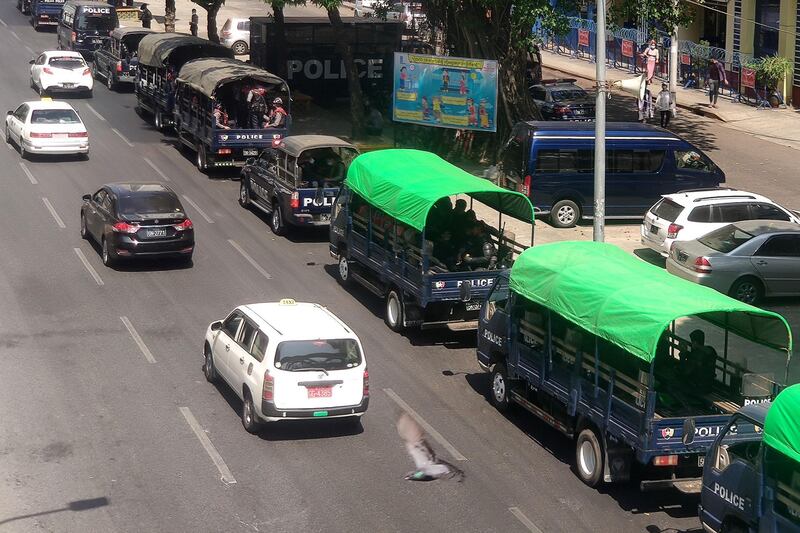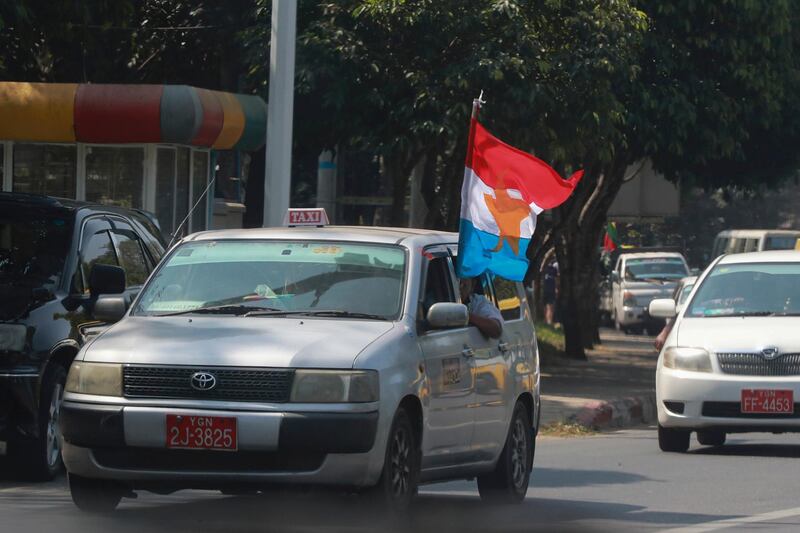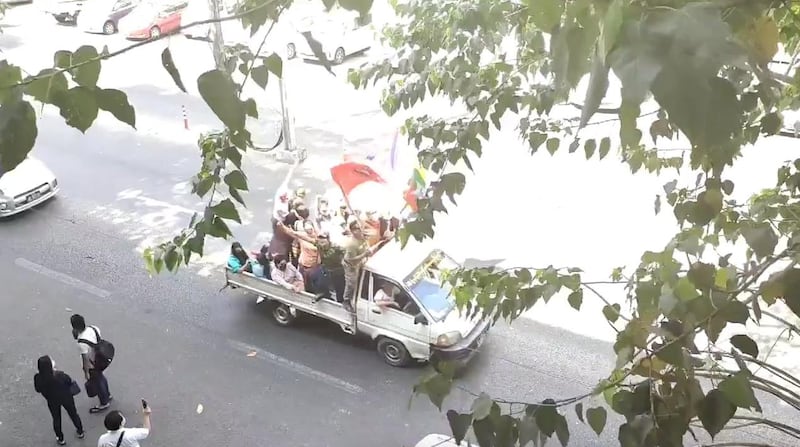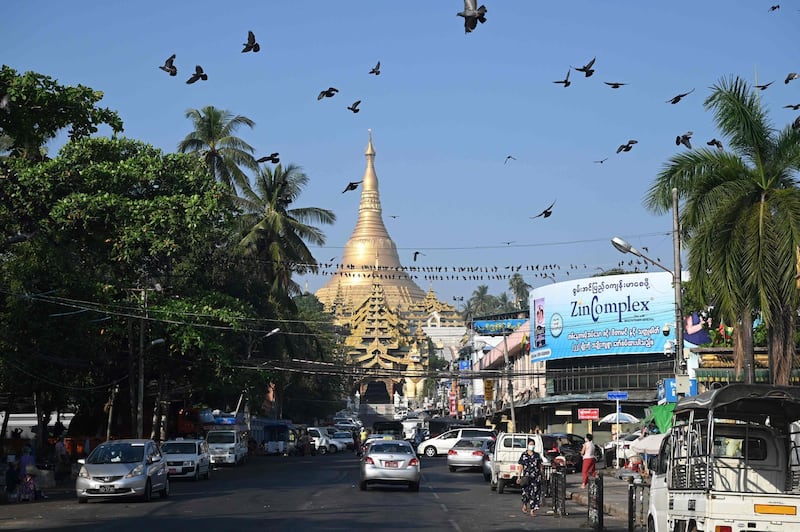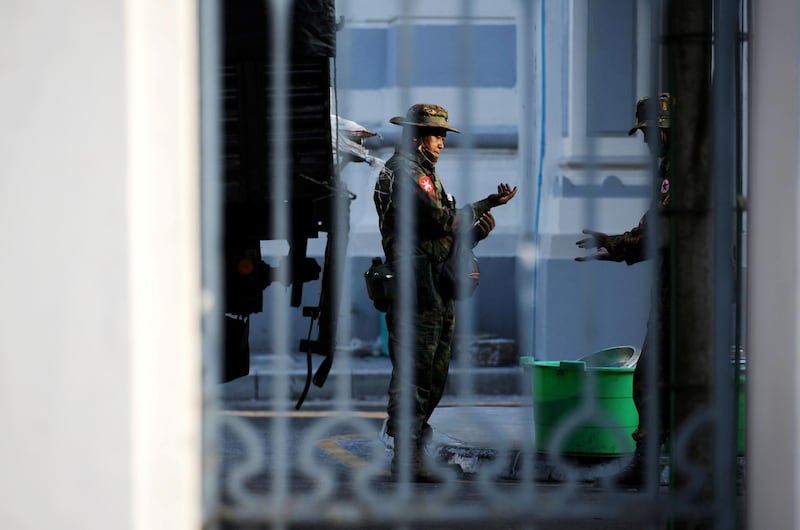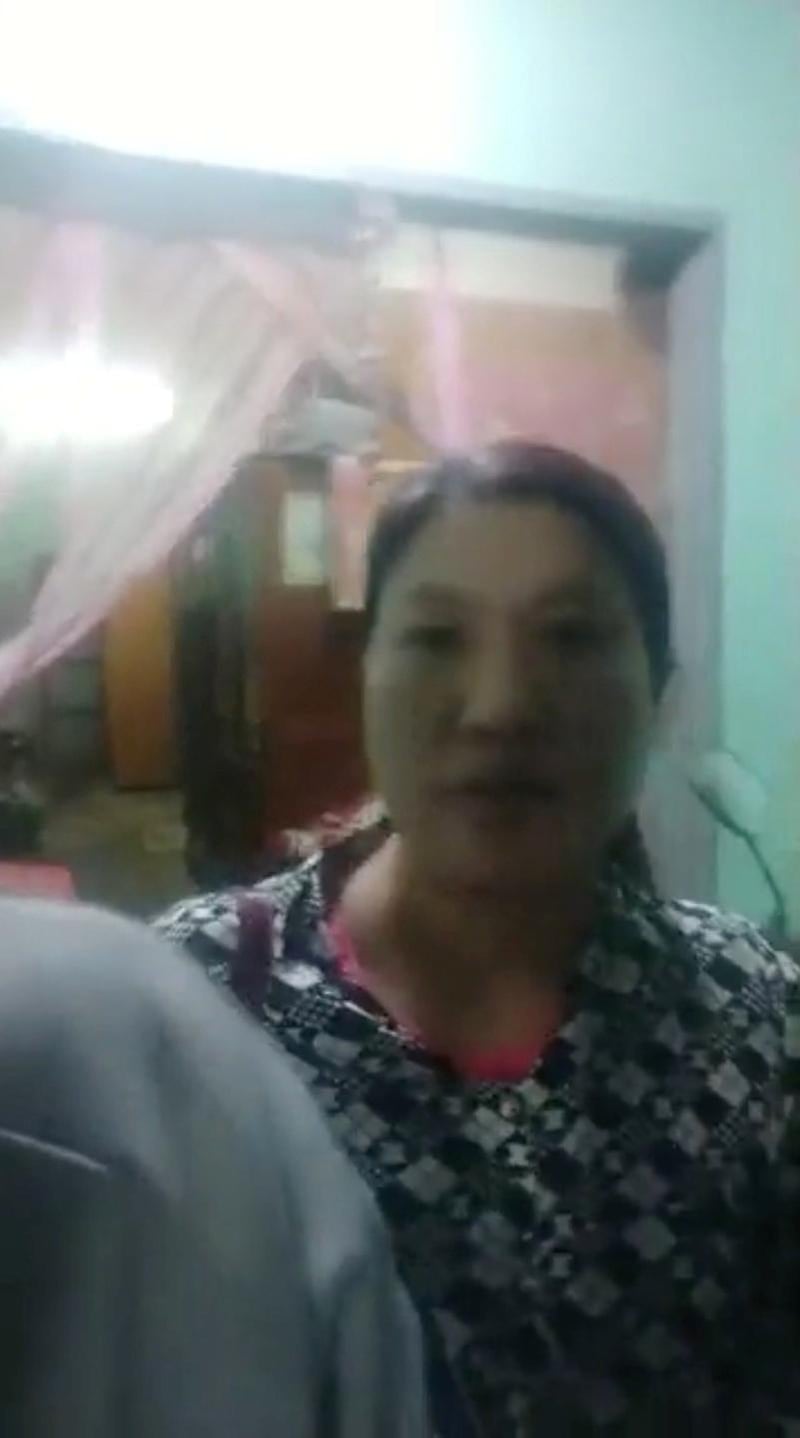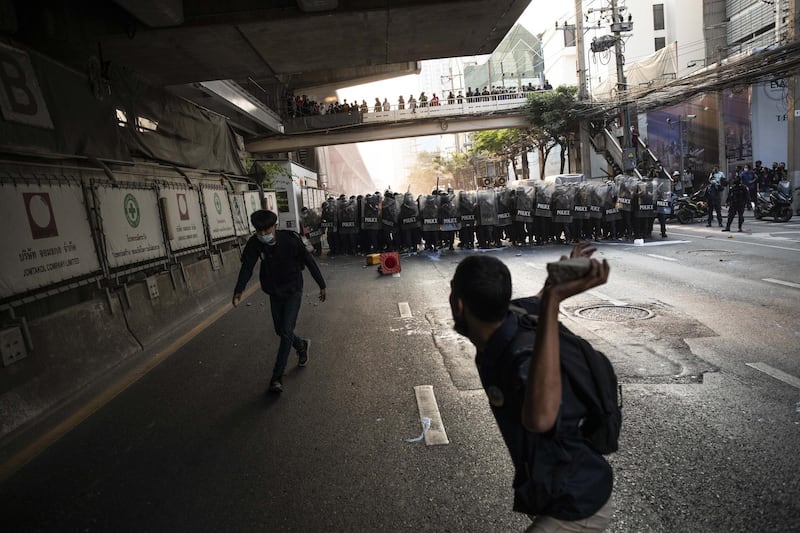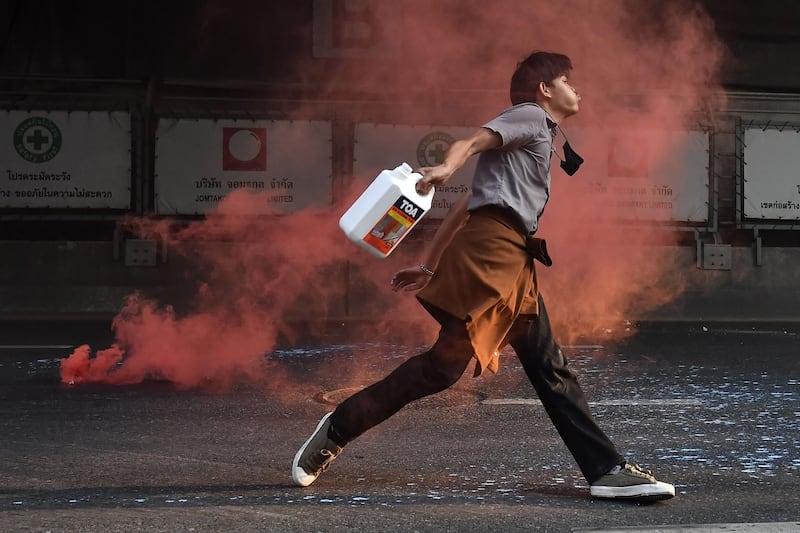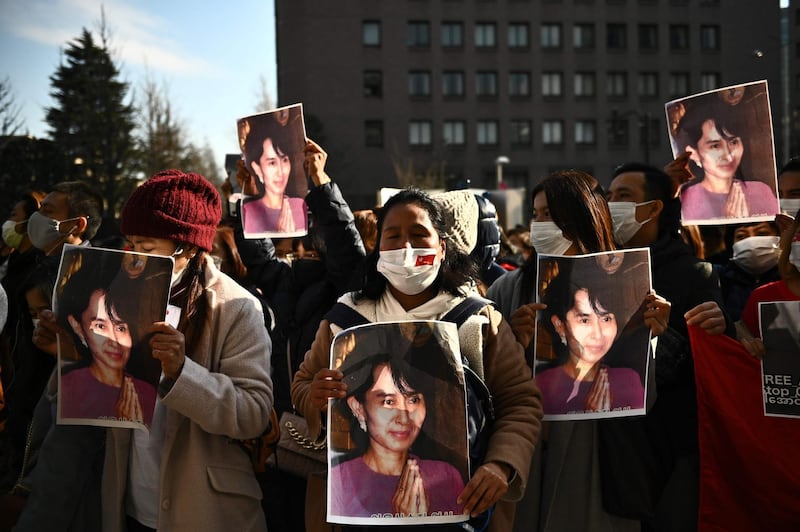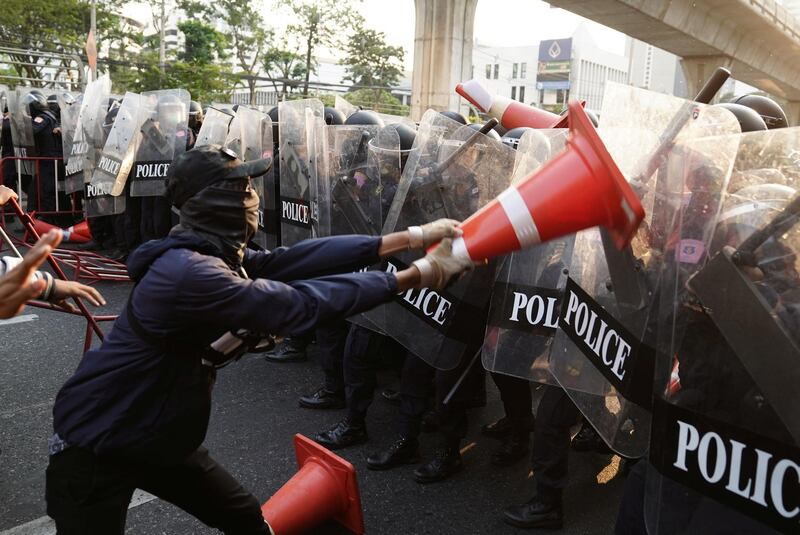What just happened in Myanmar? Has its nascent democracy just been upended through a military coup – or has a legal change of power in accordance with the constitution just taken place?
It is not disputed that the country's civilian leader, State Counsellor Aung San Suu Kyi, President Win Myint, and other senior members of their ruling National League for Democracy party (NLD) were detained early on Monday morning; nor that a year-long state of emergency has been proclaimed with power now exercised by the head of the armed forces, Senior General Min Aung Hlaing.
That, according to many countries, constitutes a coup. The US, Japan, the UK, the EU and Turkey were among those calling for a restoration of democracy – on the basis that Ms Suu Kyi and her party had won an overwhelming majority in the November general election. Even Singapore and India – friendly countries not inclined to interfere in the affairs of others – voiced their “concern”.
The generals differ. Their proxy party, the Union Solidarity and Development Party, was humiliated in the same election, which the new government said had been marred by "terrible fraud". (There were definitely some problems, but international observers believe the result was fair.) A statement read out on state television said that the failure to take their complaints seriously by the Union Election Commission – and by extension, Ms Suu Kyi's government – meant that Article 417 of the country's constitution, which refers to "acts or attempts to take over the sovereignty of the Union by… wrongful forcible means", had been triggered.
The following article then grants total authority to the commander-in-chief. To tie up the details, the emergency is supposed to be declared by the president; and with Win Myint under arrest, a former army general, Myint Swe, became acting president – a position that he was constitutionally allowed to take up as a sitting vice president. He is reported to have formally issued the emergency declaration.
So to return to my opening questions: yes, it was a coup. But as the long-time political analyst Maung Zarni says, it was also “constitutional – that is, legal. Myanmar’s constitution of 2008 – drawn up by the military – pre-emptively legalises coups against any elected government … Suu Kyi herself has sworn to uphold that constitution of, for and by the military".
Mr Zarni has never been aligned with the NLD, but he is no regime stooge. Intriguingly, Canada’s ambassador to the UN, Bob Rae, was alone among western commentators who appears to have got it as well. The latest constitution, he tweeted, “was specifically designed to ensure military power was deeply entrenched and protected". He added that they “wrote the constitution this way so they could do this".
All of this should serve to reveal that when the former military dictatorship, which ran the country from 1962 to 2010, announced a “roadmap to democracy” in 2003, that didn’t mean they wanted Myanmar to become a fully fledged democracy, as most understand the term.
The army wanted to ensure it could still call the shots. That is why, under the 2008 constitution, 25 per cent of seats in parliament are automatically reserved for military nominees, as are the key ministries of defence, border and home affairs. Ms Suu Kyi is often referred to as Myanmar’s “de facto leader”, because since she is constitutionally barred from the presidency (as her children and late husband were foreign citizens), she became the country’s civilian head as “state counsellor” instead. As some have pointed out, it is now becoming clear that it was Senior General Min Aung Hlaing who was the real “de facto leader” all along – a fact of which Ms Suu Kyi has just been brutally reminded.
Why, though, should the top brass choose to step out of the shadows now? The illusion of a transition to democracy seemed to have suited them well, even though Ms Suu Kyi's reputation has been irredeemably tarnished by her refusal to recognise what most consider to be the acts of genocide inflicted upon Myanmar's Rohingya minority.

Some speculate that Min Aung Hlaing, who was due to retire when he turns 65 this July, wanted to secure his future – not just his influence but also his ability to evade prosecution for the alleged crimes against the Rohingya, which UN investigators have called for. Ms Suu Kyi may have overplayed her hand by not giving the general sufficient guarantees in the negotiations that had been going on between the NLD and the military after the recent general election. If she had been more emollient, what the Burmese historian Thant Myint-U calls “the three-decade contest between the army and the NLD” may not have come to this “critical juncture”.
Mr Zarni puts it a different way, suggesting that the military had had enough, and felt it was time to remind the state counsellor who was boss. “They put Suu Kyi on a long leash. Now they will put her on a shorter lead, if she is ever allowed to play ball with them within the 2008 constitution.”
It is unclear what will happen next, or how Ms Suu Kyi’s millions of devoted followers will react. But Myanmar’s generals may have gambled that they will be able to pull off their “constitutional coup”, so long as dialogue with all parties is seen to take place, and the promise to hold new elections within a year is maintained. After all, if there have been next to no consequences for the ethnic cleansing and the displacement of over 1 million Rohingya refugees to Bangladesh, why would they not get away with a move that they will insist was perfectly legal?
Sholto Byrnes is an East Asian affairs columnist for The National
